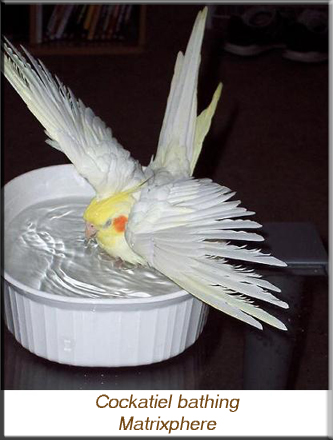Kittens generally do not become less affectionate with age, but their behavior and personality may change as they mature. As kittens grow and develop, they go through various stages of development that affect their behavior and personality.
While they may be more active and playful as kittens, they can also become more independent and calm as adults. However, with proper socialization and positive reinforcement, cats of all ages can remain affectionate and loving towards their owners. As cats age, they may also develop health issues that can affect their behavior and demeanor. It is important for cat owners to provide their feline companions with regular check-ups and proper care to ensure they stay healthy and happy throughout their lives.

Credit: www.hillspet.com
Understanding Age-Related Behavioral Changes In Kittens
As kittens grow up, they go through different developmental stages, which results in behavioral changes. Initially, kittens have a high level of energy and constantly seek affection from their owners. However, as they get older and reach adulthood, they may become less dependent on human attention.
Adult cats prefer to establish territory and spend more time grooming themselves. They may also become less social with other cats and may need less exercise compared to when they were kittens. Understanding these age-related changes in your kitten’s behavior can help you provide the appropriate level of care and affection as they grow up.
So, keep an eye on your kitten’s social behavior and give them the love they need as they develop into adult cats.
Signs Of Affection In Kittens
Kittens show affection in various ways. They may knead, purr, or lick their owners. As they age, some kittens become less affectionate, but it isn’t always the case. Signs of affection might be subtle, such as staying close to you or following you around.
Understanding your kitten’s body language is the key to recognizing affection. Additionally, there are common misconceptions about feline behaviour that lead some to believe that cats are not affectionate. It’s essential to remember that every cat is different, and it’s up to owners to learn how their kittens show affection.
Reasons Why Kittens May Appear Less Affectionate As They Age
Kittens are known for their playful and affectionate nature, but some may appear less loving as they age. There are several reasons for this change in behavior. Firstly, it’s natural for felines to become less attached to their owners and more independent as they mature.
Additionally, some kittens may experience certain stressors that can impact their affection levels, such as separation anxiety or fear-based aggression. It’s important to understand these common causes of behavioral changes in kittens to ensure they receive the proper care and attention they need as they grow.
Regular playtime and positive reinforcement can also help maintain a strong bond and keep your furry friend happy and loving.
How To Maintain Affectionate Relationships With Adult Cats
Maintaining an affectionate relationship with your adult cat requires some effort. Encouraging bonding and playtime with your cat can be achieved through interactive toys and games. Understanding and meeting your cat’s needs is important to make them feel loved. Make sure your cat feels safe and comfortable by providing cozy beds, clean litter boxes, and healthy food.
When it comes to showing affection, give your cat the space they need to approach you on their own terms. By following these tips, you can maintain a loving relationship with your furry friend even as they grow older.
Conclusion
As kittens grow into adult cats, it’s natural to wonder if they will become less affectionate as they age. While some cats may become less active or independent, it’s important to keep in mind that every cat is different. Some cats may actually become more affectionate with age, while others may show their love in different ways, such as being more relaxed around their owners.
It’s essential to continue showing your cat love and attention throughout their life, providing them with toys, treats, and plenty of playtime. Creating a warm and welcoming environment for your feline friend can help strengthen your bond with them as they age.
So, while you may notice changes in your cat’s behavior over time, it’s important to remember that their affectionate nature comes from the bond you create with them through love and care.



